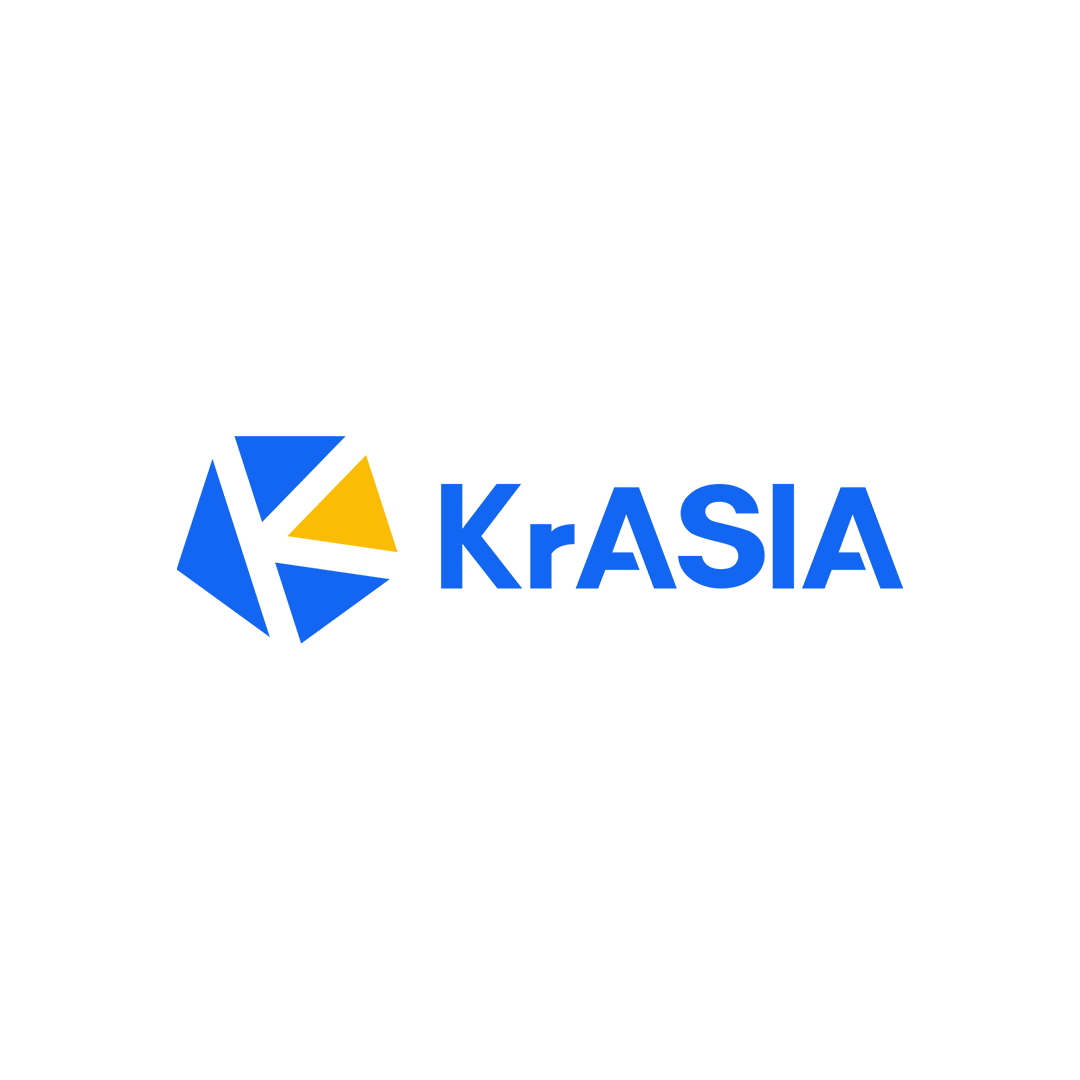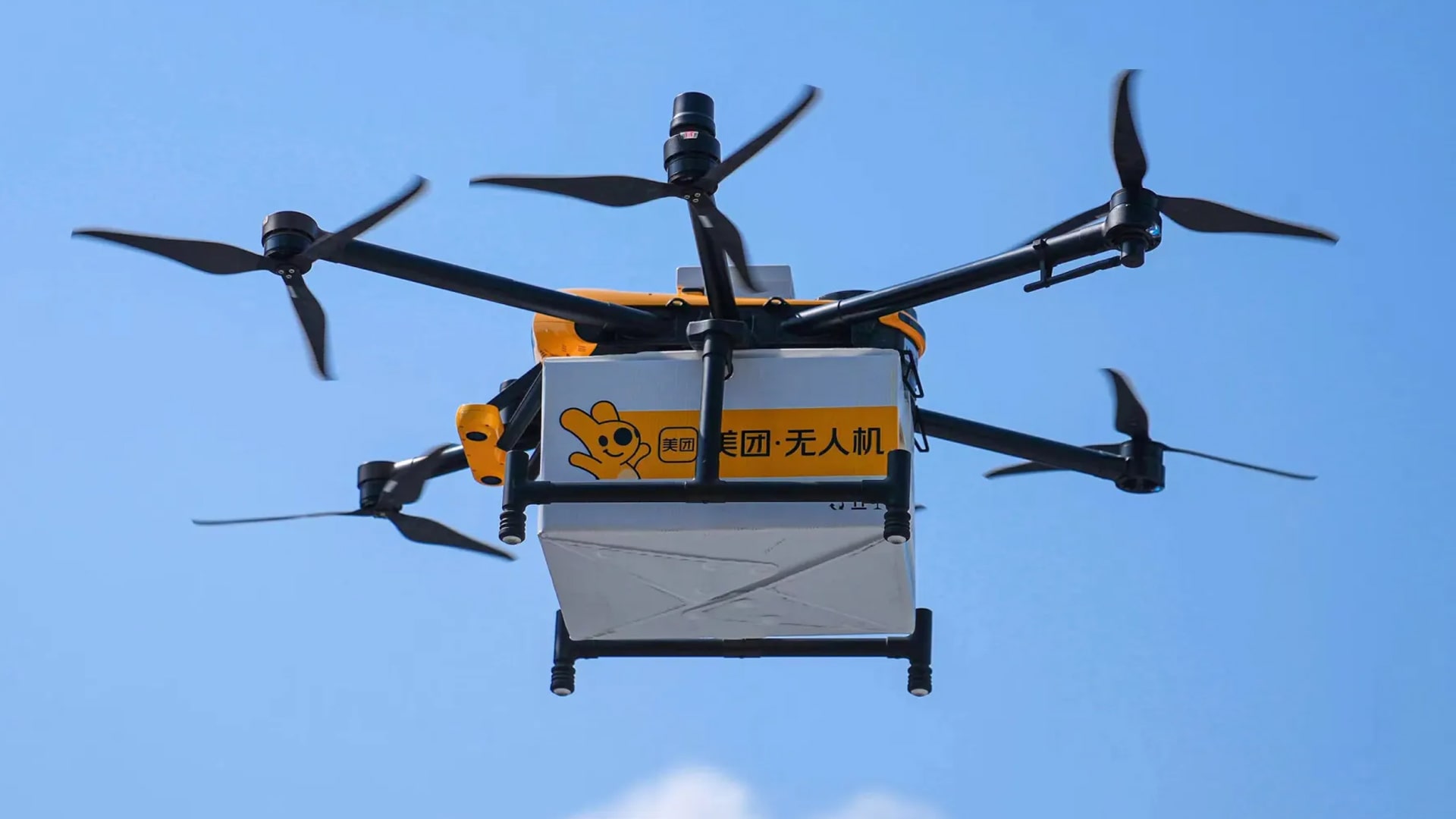Meituan’s drone delivery debuts in Dubai, eyeing a future in last-mile logistics
1 day ago
Header photo source: Meituan.
Meituan is taking bold steps beyond China’s borders, and its drone delivery service is at the forefront. Surprisingly, its first overseas market isn’t Saudi Arabia—where the company first launched its food delivery operations—but Dubai, the bustling metropolis of the United Arab Emirates.
Operating under the name “Keeta Drone,” Meituan’s drone unit has evolved from an experimental project into a standalone business. It’s now a fully-fledged division led by Mao Yinian, Meituan’s vice president and head of drone delivery. The company has stationed full-time employees in Dubai and scaled its production and research teams to support operations.
According to sources familiar with the matter, Keeta Drone has adopted a third-party logistics model in Dubai, collaborating with restaurant chains to offer delivery services in targeted zones. Currently, the service is focused on areas like the Rochester Institute of Technology (RIT) campus and Dubai Digital Park (DDP). Plans are in motion to expand into pharmaceutical deliveries by working with local hospitals, with an eye toward integrating categories like food, groceries, and medicine in the future.
Dubai’s open policy toward drones was a deciding factor for Meituan’s entry into the region. An internal source revealed that the company began considering international expansion after the 2023 Lunar New Year, with the Middle East quickly becoming a priority. “Policy openness is essential for drone operations,” the source said. “The decision to prioritize the Middle East wasn’t much different from how other business units evaluate regions.”
Mao visited the UAE in May 2023 to conduct field research, setting the stage for Meituan’s participation in Dubai’s GITEX Global event that October. Showcasing the company’s drone technology in such a high-profile setting was ambitious, given the lack of precedent for drone operations in dense urban environments. Securing the necessary permits required navigating complex regulatory hurdles. But the effort paid off: Keeta Drone completed a test flight during the event, marking the first time drones were allowed to operate in densely populated areas of Dubai.
Fast forward to December 17, Keeta Drone obtained a license from Dubai’s Civil Aviation Authority (DCAA) to operate commercial drone deliveries beyond visual line of sight (BVLOS). This marked the first such license in the region, giving Meituan clearance to operate commercial drone deliveries in the UAE. According to insiders, Mao made at least three trips to Dubai in 2024 alone to drive the initiative forward.
Drone delivery forms a key part of Meituan’s broader retail and technology strategy, providing a supplementary method of transport for last-mile logistics. In China, Meituan’s drones have established 53 routes across cities like Beijing, Shenzhen, Shanghai, and Guangzhou, completing over 400,000 orders by December 2024. Yet, with an average of just 1,000 daily orders, growth potential remains significant.
At present, several factors hinder widespread adoption of drone delivery services. These include policy restrictions, infrastructure gaps, high delivery costs, and limited solutions for the last mile. Scaling the model will require a dual focus: reducing operational costs and expanding its use cases.
The Middle East presents unique opportunities for drone delivery. Extreme summer heat often limits traditional delivery services, while the region’s fragmented urban layouts and road infrastructure further complicate logistics. A source close to Meituan highlighted Dubai’s numerous artificial islands and road networks with limited entry points. “Two points that appear close might require long detours to connect by road,” the source said. “A drone, however, can traverse just a few hundred meters. It’s the advantage of building roads in the sky.”
Despite Meituan’s initial food delivery operations in Saudi Arabia, Dubai emerged as the logical launchpad for drones due to its favorable policy environment. Unlike Saudi Arabia, the UAE has embraced low-altitude drone operations, spearheading initiatives like the “Dubai Program to Enable Drone Transportation” and the BVLOS Drone Delivery Program through the DCAA and the Dubai Future Foundation (DFF). These proactive policies create a supportive backdrop for businesses exploring drone logistics.
Keeta Drone’s operational model is closely tied to Meituan’s broader platform, reflecting a vision articulated by Mao: “Wherever Keeta is, we’ll be there too.” Over the next 3–5 years, Meituan aims for drones to handle approximately 10% of its delivery orders. Observations from domestic pilots suggest that current processes rely heavily on integrated hubs for takeoff, landing, and storage. Meals are retrieved from restaurants, transported to drone launch sites, and flown to community “airports,” where they are placed in automated lockers for customer pickup.
While this hub-based system is less convenient than doorstep delivery, technological advancements may eventually allow for more flexible coverage. In Dubai, similar automated hubs are in place, and the team is actively testing iterations to improve scalability and efficiency.
Skepticism around drone delivery often centers on its high costs, but insiders claim Meituan has made significant year-over-year reductions. The company projects that drone delivery costs could match those of ground-based delivery within three to five years, though reaching this milestone will depend on continued refinement of the technology and operational model.
The Middle East’s high labor costs provide a potential edge for drone operations, improving gross margins and accelerating the path to profitability compared to China. Still, Keeta Drone’s immediate priorities are clear: testing, learning, and refining its approach. Scenarios where drones can leverage their unique advantages—such as traversing challenging terrain or urban bottlenecks—will be key to unlocking future growth.
What is clear is that, whether in domestic or overseas markets, it is still too early for Meituan’s drone business to engage in discussions about financial metrics or the impact on unit economics. With commercial success likely still years away, the focus for now is clear: test, learn, and adapt.
KrASIA Connection features translated and adapted content that was originally published by 36Kr. This article was written by Ren Cairu for 36Kr.
...Read the fullstory
It's better on the More. News app
✅ It’s fast
✅ It’s easy to use
✅ It’s free









